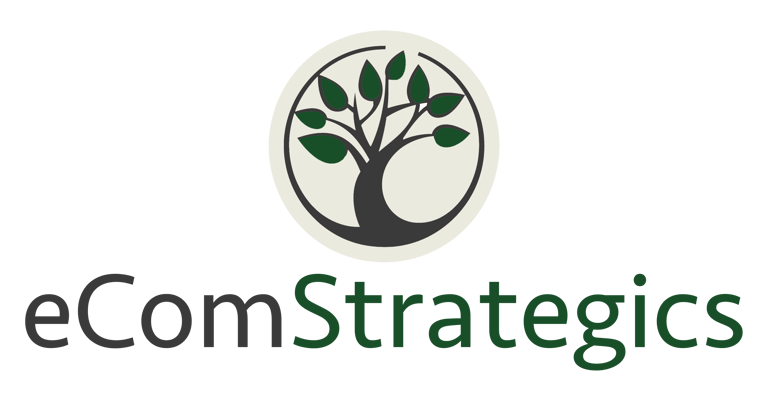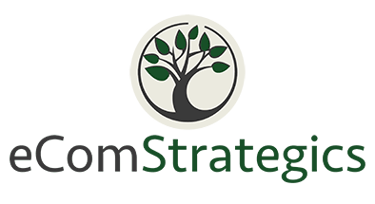SEO Trends of 2023 and Their Impact on eCommerce
Explore key SEO trends of 2023, including the rise of AI and machine learning, the importance of Core Web Vitals and user experience, the evolution of E.A.T. to E.E.A.T., the increasing significance of local and mobile SEO, the continued relevance of long-form content and link building, the rise of SERP features, and the need for SEO scalability. This post also discusses the implications of these trends for eCommerce businesses and offers strategic insights to help businesses adapt to these changes and drive growth.


As we cross the halfway mark of 2023, we’d like to take a moment to reflect on the SEO trends shaping the digital landscape. These trends not only influence how search engines operate but also significantly impact eCommerce businesses. Let's delve into the key SEO trends 2023 and their implications for your eCommerce strategy.
AI and Machine Learning Take Center Stage
Artificial Intelligence (AI) and machine learning are revolutionizing SEO. Google's AI algorithm, RankBrain, and its language model BERT are becoming more adept at understanding the context of queries. The advent of AI-based content, powered by technologies like ChatGPT, Bing AI, and Google’s Bard, is also noteworthy. However, it's crucial to balance AI-generated and human-generated content to ensure quality and relevance for your customers.
Core Web Vitals and User Experience
Google's Core Web Vitals, metrics measuring a page's speed, responsiveness, and visual stability, are now a critical ranking factor. For eCommerce businesses, a seamless, fast, and visually pleasing online shopping experience is no longer a luxury but a necessity.
E.A.T. Evolves into E.E.A.T.
Google's emphasis on Expertise, Authoritativeness, and Trustworthiness (E.A.T.) has now expanded to include 'Experience,' evolving into E.E.A.T. For eCommerce businesses, this means demonstrating your expertise and trustworthiness and providing a superior shopping experience to your customers.
Localization of SEO
The importance of local search is on the rise. eCommerce businesses targeting local audiences must optimize their online presence for local search, including maintaining accurate and comprehensive Google My Business listings.
Mobile SEO
With most web traffic now coming from mobile devices, mobile SEO is indispensable. eCommerce businesses must ensure their websites offer a seamless mobile shopping experience to rank well in mobile search results.
Long-Form Content
Long-form content continues to perform well in search rankings. For eCommerce businesses, this means providing comprehensive product descriptions, detailed guides, and in-depth blog posts that satisfy user intent and help decision-making.
Link Building
Backlinks continue to be a crucial ranking factor in 2023. eCommerce businesses should build high-quality backlinks through strategies like blogger outreach, influencer collaborations, and guest posting, all of which can drive traffic and boost credibility.
The Rise of SERP Features
With Google's SERP features like Featured Snippets, People Also Ask, and Local Packs, optimizing content for these features can increase visibility on the SERPs, driving more traffic to your eCommerce site.
SEO Scalability
In the competitive eCommerce landscape, businesses need to monitor key metrics like keyword ranking, organic traffic, URL changes, and content updates, and scale their SEO strategies accordingly. This requires a strategic approach and the ability to adapt to changing trends and market demands.
As we plan for the second half of 2023, it's clear that the key to eCommerce success lies in staying ahead of the curve, adapting to new SEO trends, and always keeping the needs and experiences of the customers at the forefront. At eComStrategics, we're committed to helping you leverage these trends to drive your eCommerce growth.


